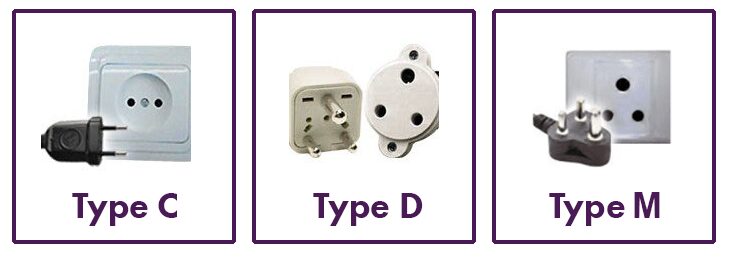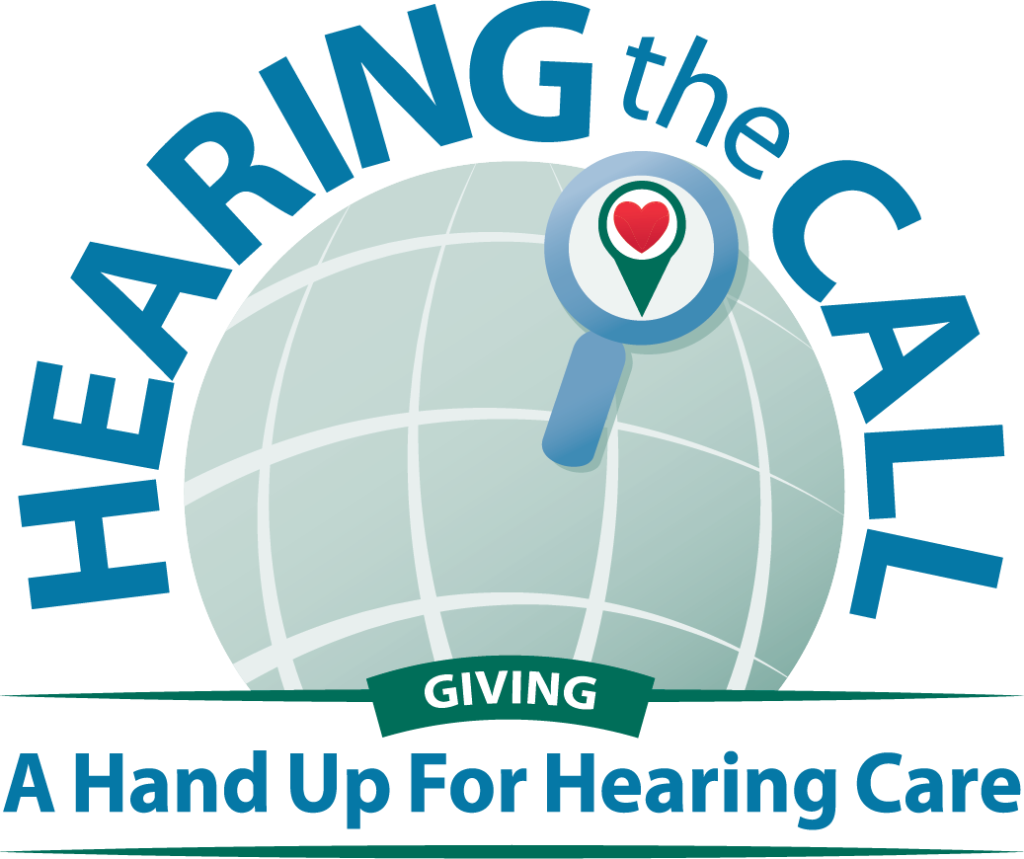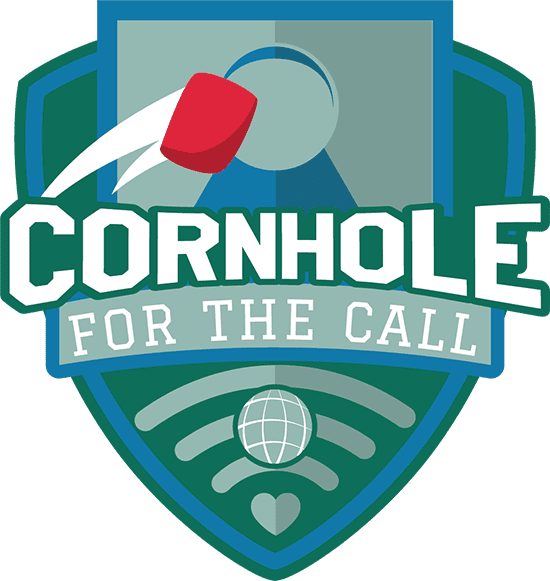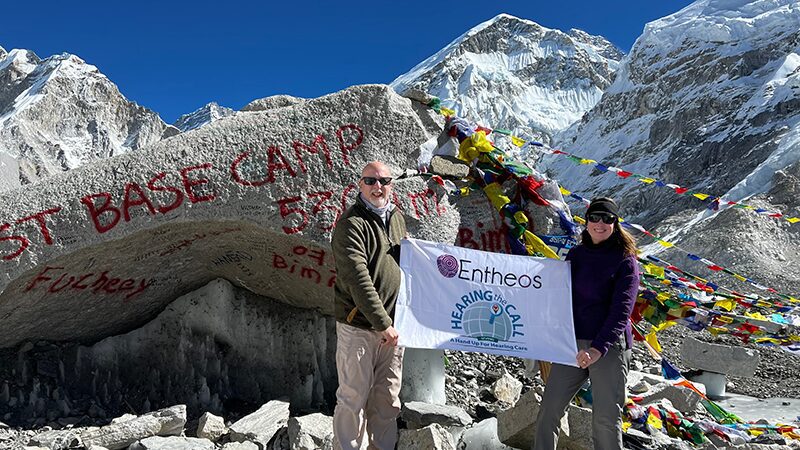Nepal Humanitarian Trip
Thamo
October 23 - November 3, 2024
Nepal, nestled in the Himalayas between China and India, is a land of majestic mountain peaks, diverse cultures, and ancient traditions. Home to the world’s highest peak, Mount Everest, Nepal attracts trekkers and mountaineers from around the globe. The capital, Kathmandu, is a vibrant city with a rich history reflected in its temples, palaces, and bustling markets. Nepal’s cultural tapestry is woven with Hindu and Buddhist influences, evident in iconic sites like Pashupatinath and Boudhanath. Beyond the mountains, the country offers lush valleys, serene lakes, and wildlife sanctuaries. Nepal’s warm hospitality and spiritual ambiance make it a unique destination for those seeking adventure, cultural exploration, and natural beauty.
The total price includes humanitarian trip expenses, supplies, most meals, transportation (not flights), and hotel stay on clinic days.
With the help of our partners, Hearing the Call, and generous donors, we are able to make our humanitarian trips more affordable and accessible to our members, students, and volunteers.
$500 Deposit Required at Time of Application*
Humanitarian Trip Price: $4,737
Entheos members, please contact Kareem directly for discounted pricing.
(All prices are for double rooms and are subject to change.)
*$500 deposit is fully refundable up to 60 days prior to a trip. Once inside that 60 days, you are responsible for any charges such a the purchase of airline tickets in country as well as the credit card processing fee of 6% (3% on initial purchase and 3% on return).
Note: Application, Payment and the Waiver are managed by Entheos Audiology Cooperative as part of their support for Hearing the Call
October 23 – November 3, 2024
Day 1: Arrive Kathmandu (KTM)
Day 2: Travel Day to Ramchhap and then fly to Lukla / Half-Day Hike to Phakding
Day 3: Full Day Hike from Phakding to Monju
Day 4: Full Day Hike from Monju to Thamo
Day 5: Rest Day and Clinic Setup
Day 6: Clinic Day
Day 7: Clinic Day
Day 8: Clinic Day
Day 9 & 10: Depart from Thamo and hike back to Lukla to head down to Kathmandu*
Day 11: Depart Kathmandu (KTM) for home
Flight Information
Confirmation from Entheos that you are on the humanitarian trip.
Arrive Day 1 Travel from US to Kathmandu (KTM).
Try to arrive midday or earlier to allow for the possibility of delayed flights.
We will depart from Kathmandu International Airport (KTM).
Please enter your flight information by clicking the button to your right that says “Flight Info”.
- The Entheos team usually arrives a day early. If you decide to arrive a day early, you will be responsible for an extra night in the hotel (under $100).
VISAS
A Nepalese Visa is REQUIRED for citizens of the United States for a stay up to 15 days and costs $30. You can fill out the paperwork online and print it prior to arrival.
Please make sure your passport is valid for up to 6 months after the date of your trip to enter and has two blank pages.
Electrical Power Information
Which Power Plugs and Sockets in Nepal?
In Nepal, the power sockets are of type C, D & M. Check out the following pictures.
- Type C: also known as a standard “Euro” plug. This socket also works with plug E and plug F.
- Type D: mainly used in India, Sri Lanka, Nepal and some African countries. This socket only works with plug D.
- Type M: looks like plug D, but with larger pins. The socket only works with plug M
In Nepal, the standard voltage is 230 V and the standard frequency is 50 Hz.

Additional Information
One of the first things you have to be aware of on any international trip is the necessary vaccines. Some of the vaccines are hard to get in a quick time frame. Please make sure you read and check the CDC website for information on vaccines immediately.
As we travel internationally, we may be exposed to certain diseases that are rare in the United States. Fortunately, the risk of catching these diseases is still quite low since we will be on site for only a short time and will be eating properly prepared food, etc. However, since it is impossible to eliminate all risk, there are a variety of vaccines and immunizations that provide prevention against many of the most serious infectious diseases in the world that we ask each delegation member consider receiving.
According to the Center for Disease Control (CDC) website www.cdc.gov, there are no required vaccines for Nepal, but make sure your routine vaccinations are up-to-date. Please refer to the following CDC website for information on Nepal.
- Most expenses will be prepaid for you including: ground transportation, medical evacuation insurance, hotel room accommodations, translators and team meals.
- Each volunteer is financially responsible for paying for and obtaining a passport and visa (if necessary), receiving any necessary immunizations, all food/beverage items in all airports and outside team meals, and any other personal expenditures/shopping during the trip.
- You will want to take enough cash with you for personal shopping. Bring U.S. currency that is as new as possible and undamaged. Traveler’s checks and credit cards (VISA or Master Card) will be good in airports, major hotels and many shops, but cash is the easiest and most convenient method of payment.
- You will be able to exchange money locally. Please bring new $100 bills. You will get a better exchange rate than smaller bills, and they don’t take older money.
- The currency in Nepal is the Nepalese Rupee. To find the most up-to-date currency conversions, please go to XE Currency convertor.
Here are some helpful guidelines concerning the safety and security of your personal items:
- Be mindful of how you carry your purse or where you place your wallet. Men, keep your wallets in a front or zippered pocket, as keeping it in your back pocket will make it susceptible to pickpockets. Ladies, keep purses across your chest or use a fanny pack (keeping your hands free is also wise).
- An under garment money belt worn around your waist is a safe way to carry your personal cash or passport.
- Stay with a group of people at all times – always go somewhere in pairs.
- Take a minimal amount of jewelry with you – nothing flashy.
- Be a confident traveler even if you are unsure or uneasy in a certain situation; confidence and calmness is key.
- We also suggest that you make copies of all flight itineraries, wallet contents, passport, visa, etc. and carry copies in a separate, secure location. It would also be a good idea to leave copies of everything with someone at home also, just in case. These copies could prove invaluable should your personal documents be lost or stolen.
We hope you will enjoy the local cuisine. Most meals will be eaten at a hotel or local restaurant. All foods that will be provided to you should be well prepared and safe for you to eat.
Meals are supplied on clinic days, but not on travel or recreation days.
- As far as drinking water is concerned, to be on the safe side, always drink bottled water and brush your teeth with bottled water at the hotel. Avoid ice. Bottled water will be available.
- You may want to take some personal snack items with you – good items to take include granola bars, dried fruit, and trail mix.
WEATHER:
If you’re planning a trip to Nepal, October is a great time to visit as the weather is pretty much perfect. Days are characterised by pleasantly mild temperatures in the low to mid 50s. It does get cold at night into the teens. The air is clear and the sunshine is bright, so spectacular views of the vast Himalaya are guaranteed.
For further information about weather, please consult these sites: Weather.Com and Weather Underground.
TIME ZONE:
Nepal is in the Nepal Time zone and does not observe daylight-savings time. Please note there is a 45 minute difference not the typical one hour.
Click here to view the current time in Nepal.
- Please wear long pants and the team t-shirts provided by our partners. We have found that breathable type pants by Eddie Bauer or Columbia are a good option for hot clinic days (jeans are fine). You will receive TWO clinic t-shirts on the first day of the trip. You may be able to do laundry (for a small fee) at the hotel; we also recommend bringing a mini bottle of detergent (can be purchased at the travel section) to do laundry in your room.
- Bring comfortable shoes to wear. No open toe shoes for clinics.
- No shorts in the clinic.
Before/After Clinic
- There will be time for recreation (going out, dinner, etc.) after clinic days.
- Bring a fleece jacket for the mornings and evenings when it could get cool. Days will be fairly warm.
We will provide you with a packing list as you are limited in the amount of weight you can take.


